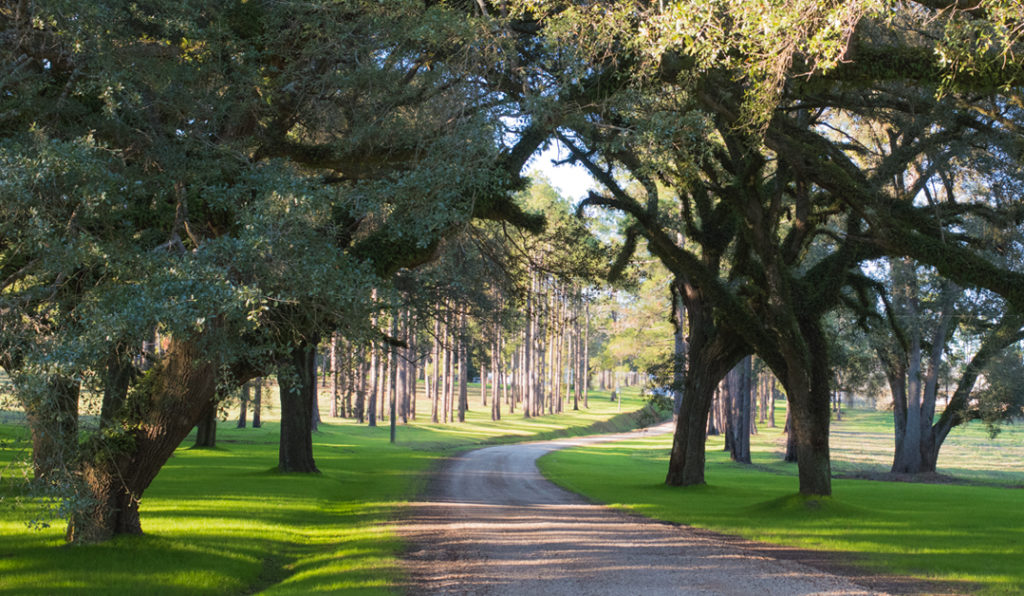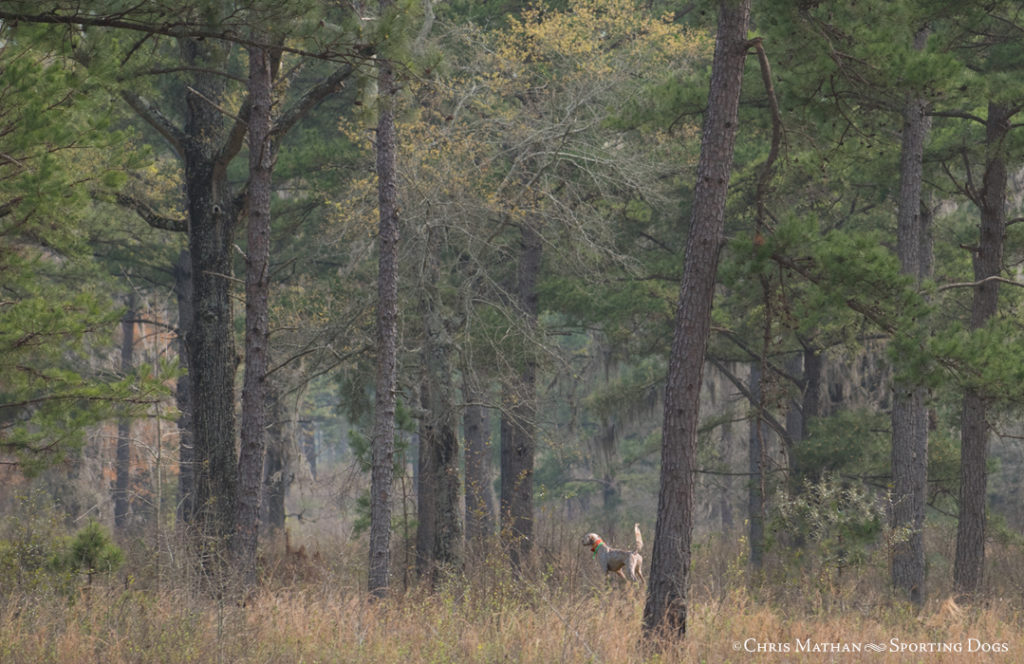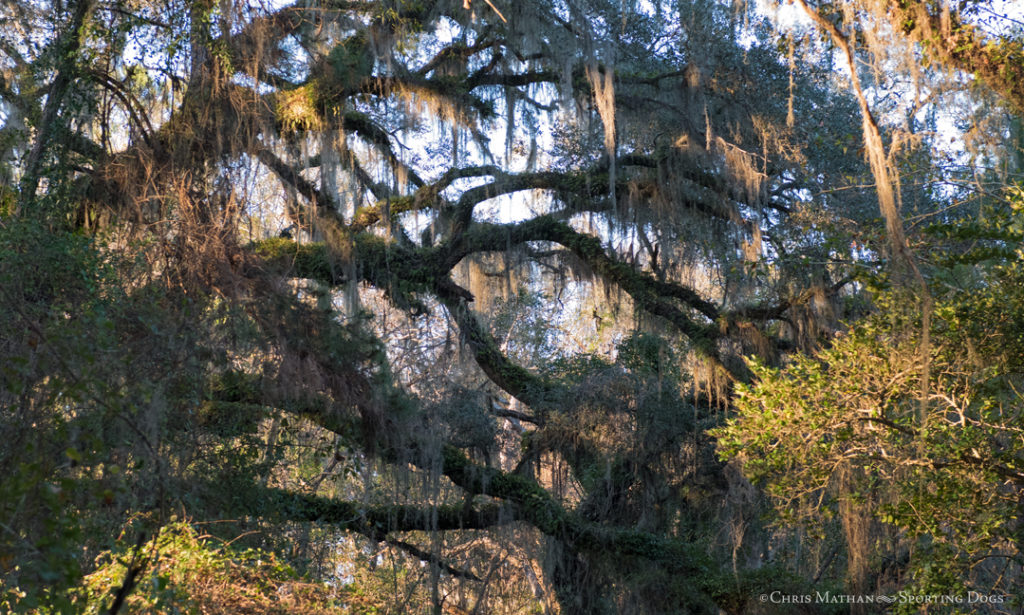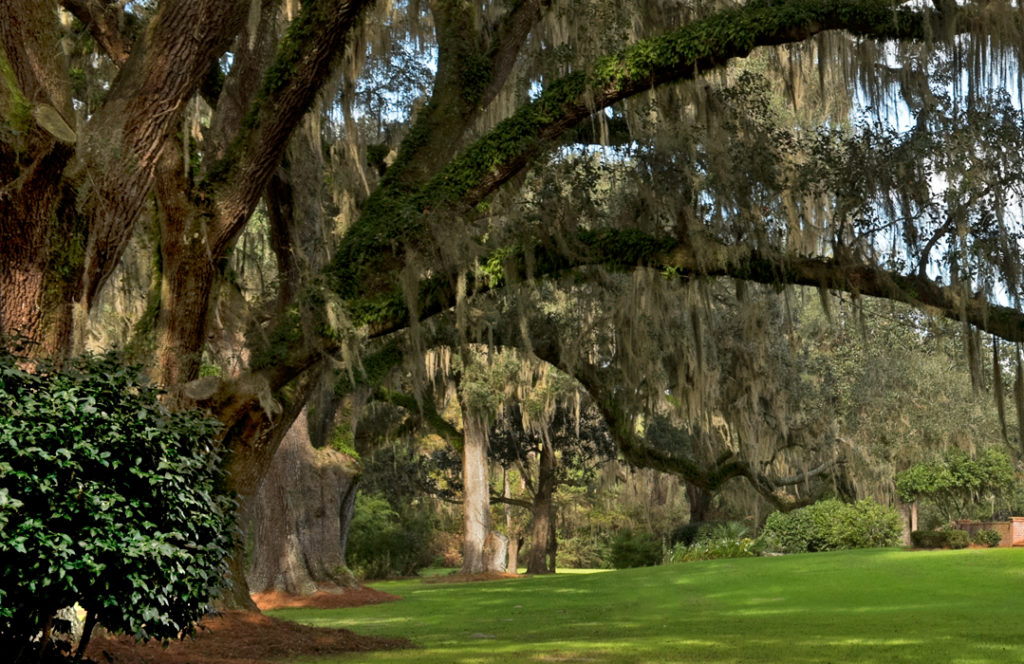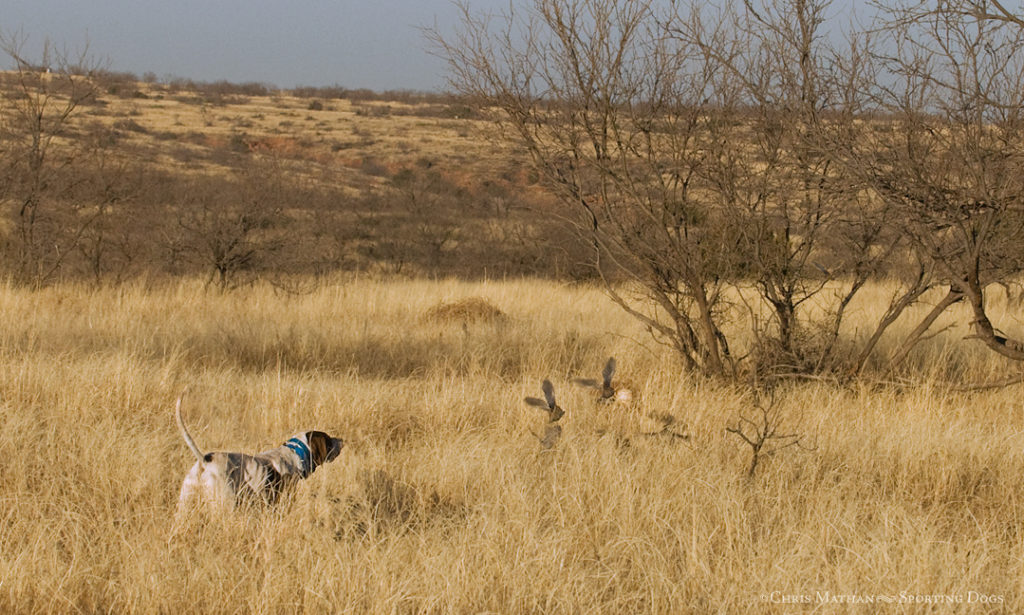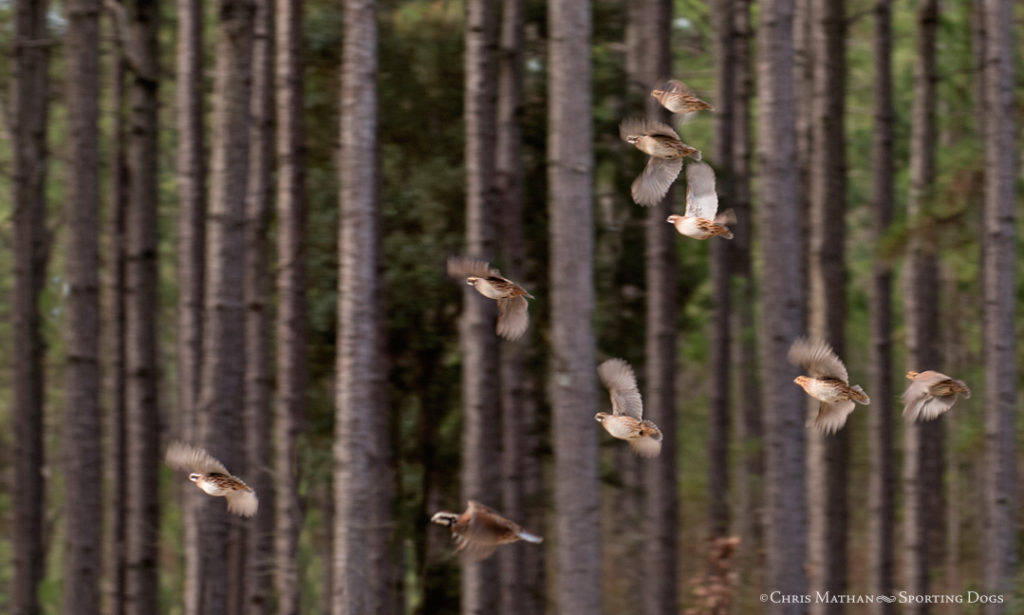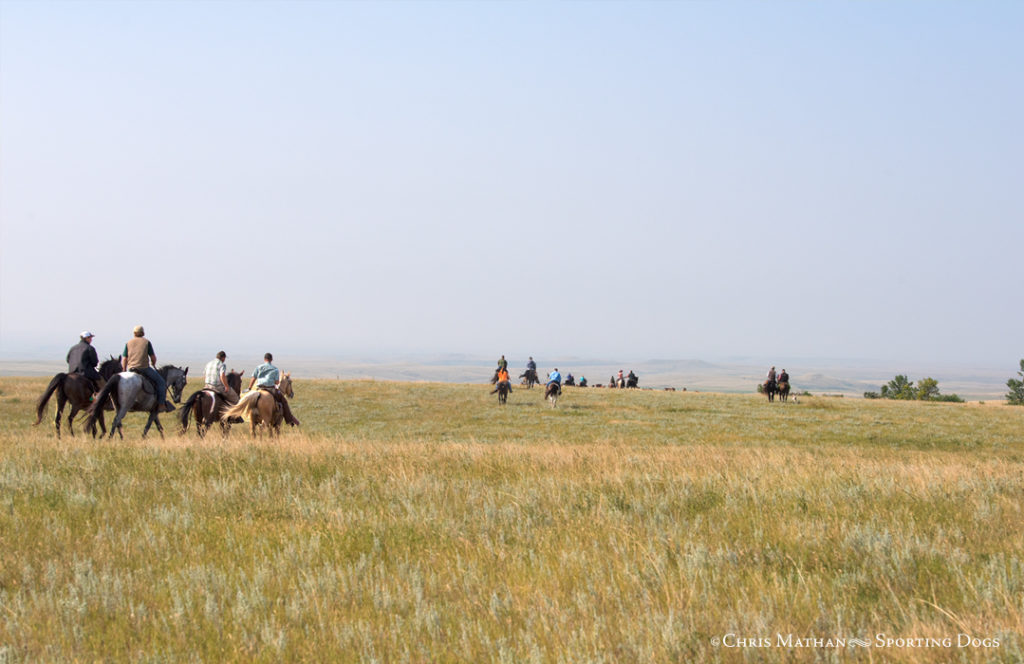
The Option Agreement between Dry River Plantation’s owner and Bill Gaps was signed, the option money was paid and Bill Gaps took possession under the lease. Bud Earp was hired by Bill Gaps as dog man and hunt manager. The Dry River stock, including horses, mules, pointing dogs and retrievers, were also bought by Bill Gaps.
Bud Earp moved to a cottage near the kennels and barns and met with the Plantation’s manager to discuss plans for future operations. It was March 1. The prescribed burn was scheduled to begin tomorrow and would keep all hands, including Bud, busy fourteen hours a day for three weeks. Bud was put in charge because the manager, now seventy, knew Bud had sufficient experience and license credentials. Read more
